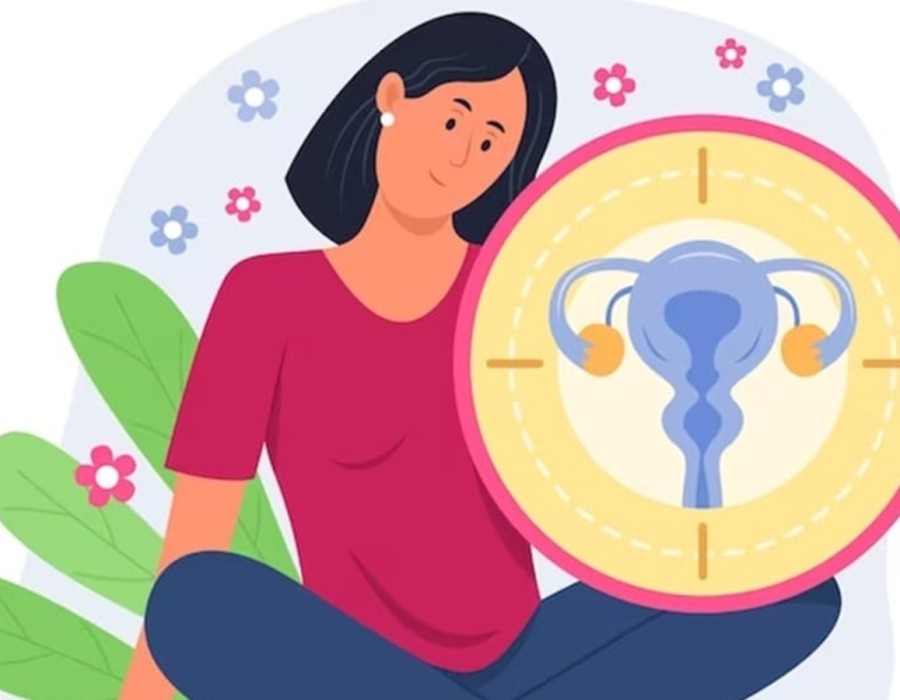Lifestyle modification, particularly focusing on diet and exercise, plays a crucial role in the treatment and management of Polycystic Ovary Syndrome (PCOS).
Here’s how each aspect impacts PCOS:
Dietary Changes:
- Weight Management: Many women with PCOS are overweight or obese, which can exacerbate symptoms. A balanced diet can help achieve and maintain a healthy weight, reducing insulin resistance and androgen levels.
- Insulin Sensitivity: PCOS is often associated with insulin resistance, which can lead to elevated insulin levels. A diet that focuses on low glycemic index (GI) foods, complex carbohydrates, lean proteins, and healthy fats can improve insulin sensitivity.
- Hormonal Balance: A diet rich in fruits, vegetables, whole grains, and lean proteins can help regulate hormone levels, potentially reducing androgen production and improving menstrual regularity.
Exercise:
- Weight Control: Regular physical activity helps in weight management and can reduce abdominal fat, which is particularly beneficial for women with PCOS.
- Improving Insulin Sensitivity: Exercise enhances insulin sensitivity, thereby helping to lower insulin levels and reduce the associated symptoms of PCOS.
- Hormonal Regulation: Physical activity can help regulate menstrual cycles and reduce androgen levels.
Overall Impact:
- Fertility: Lifestyle modifications can improve fertility by regulating ovulation and menstrual cycles, which are often disrupted in women with PCOS.
- Cardiovascular Health: PCOS increases the risk of cardiovascular disease. Healthy diet and exercise can lower this risk by improving lipid profiles and blood pressure.
- Psychological Well-being: Managing PCOS symptoms through lifestyle changes can improve quality of life and reduce psychological stress associated with the condition with PCOD/PCOS Treatment in Jaipur.
Specific Diet Considerations:
- Low GI Diet: Emphasizes foods that do not cause a rapid increase in blood sugar levels, which helps in managing insulin resistance.
- Anti-inflammatory Foods: Including foods rich in omega-3 fatty acids (such as fish), antioxidants (like berries), and fiber can reduce inflammation associated with PCOS.
Practical Steps:
- Consultation: Working with a healthcare provider or nutritionist can help tailor diet and exercise plans to individual needs and goals.
- Consistency: Long-term adherence to healthy lifestyle habits is crucial for sustained benefits.
In conclusion, lifestyle modifications focusing on diet and exercise are essential components of PCOS treatment. They can help manage symptoms, improve hormonal balance, enhance fertility outcomes, and reduce long-term health risks associated with the condition.




.png)

Comments